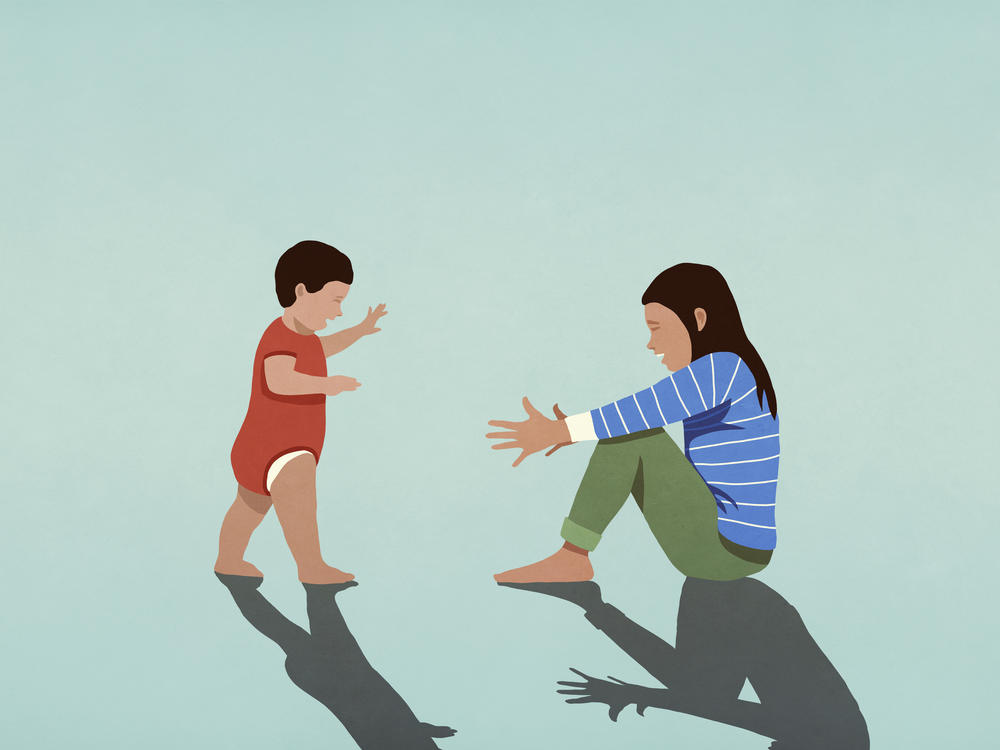Section Branding
Header Content
The order your siblings were born in may play a role in identity and sexuality
Primary Content
It's National Siblings Day! To mark the occasion, guest host Selena Simmons-Duffin is exploring a detail very personal to her: How the number of older brothers a person has can influence their sexuality.
Scientific research on sexuality has a dark history, with long-lasting harmful effects on queer communities. Much of the early research has also been debunked over time. But not this "fraternal birth order effect." The fact that a person's likelihood of being gay increases with each older brother has been found all over the world – from Turkey to North America, Brazil, the Netherlands and beyond. Today, Selena gets into all the details: What this effect is, how it's been studied and what it can (and can't) explain about sexuality.
Interested in the science of our closest relatives? Check out more stories in NPR's series on the Science of Siblings.
Email us at shortwave@npr.org — we'd love to hear from you.
Listen to Short Wave on Spotify, Apple Podcasts and Google Podcasts.
Listen to every episode of Short Wave sponsor-free and support our work at NPR by signing up for Short Wave+ at plus.npr.org/shortwave.
This episode was produced by Rachel Carlson. It was edited by Rebecca Ramirez and fact-checked by Brit Hanson. Maggie Luthar was the audio engineer.

